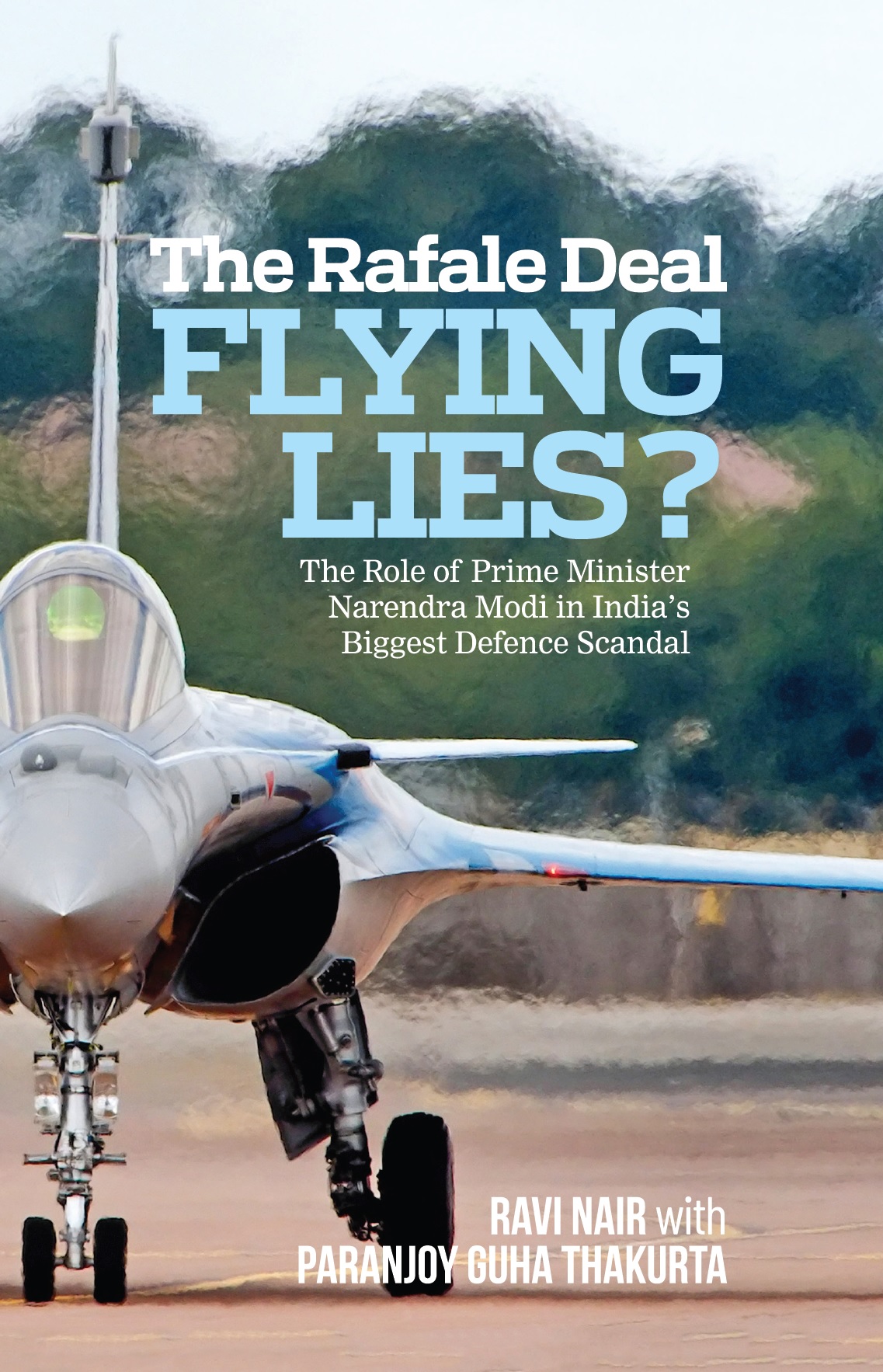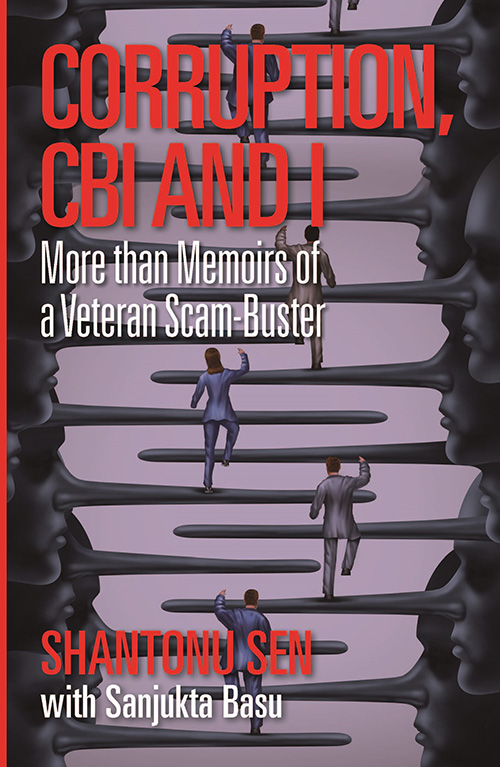Judges have in the past castigated India's premier police investigating agency, the Central Bureau of Investigation (CBI). But the manner in which Special CBI Judge Om Prakash Saini has flayed the agency has raised more than a few eyebrows.
Saini is adjudicating over a slew of criminal cases related to the mis-allocation and mis-pricing of second-generation telecommunications airwaves, popularly called the 2G spectrum scam.
On 15 October, the judge, himself a former cop, described CBI's chargesheet against a retired bureaucrat and three of the biggest telecom groups in the country headed by prominent corporate captains as a "distorted and fabricated document, based on deliberately redacted and garbled facts."
He didn't stop there. Judge Saini added: "It has been so drafted as to create an impression of a grave crime, where there is none." He suggested that the chargesheet was filed for "extraneous reasons". But the judge did not specify what the reasons were.
Here is what can be read from the tea-leaves - First the backdrop: the second United Progressive Alliance government had been badly battered by the 2G spectrum scam. During the last few years of its tenure, former Union Ministers such as Kapil Sibal, Salman Khurshid and Palaniappan Chidambaram were keen to show that the scams relating to allocation of spectrum had begun during the National Democratic Alliance.
The sub-text: Under the leadership of the then CBI Director A.P. Singh (who held the post from 30 November 2012 for two years) and his successor, Ranjit Sinha - infamously described as a "caged parrot" by the Supreme Court - the agency decided to go after former secretary of the department of telecom (DoT) Shyamal Ghosh. He was alleged to have favoured companies in the Bharti Airtel, Hutch and Vodafone groups by providing them extra spectrum at discounted rates in January 2002.
At that time Pramod Mahajan was the Telecom Minister. The CBI claimed that Ghosh and J.R. Gupta, another official in the DoT, had entered into a "criminal conspiracy" to cause a loss of Rs 846.44 crore to the exchequer. Judge Saini asked for the "human faces" behind the conspiracy.
He summoned Sunil Bharti Mittal, the head of India's largest (and the world's third-largest) telecom conglomerate, Ravi Ruia of the Essar group and Asim Ghosh of Vodafone. They got an order from the Chief Justice of India Altamas Kabir so that they don't have to appear in court. At that time, the 2G cases were being heard by a different Bench of the apex court, headed by Justice G.S. Singhvi.
In his judgment on Thursday, Justice Saini said the CBI's chargesheet "has been drafted in such a manner as to create an impression that the demand for additional spectrum began only on the joining of late Sh. Pramod Mahajan as minister.
"Relevant documents such as TRAI (Telecom Regulatory Authority of India) reports, (the) principle of level playing field... have not been taken note of in the charge sheet and even do not find mention in the statement of witnesses.
CBI heaped charges on Shyamal Ghosh; Why does the ex-telecom secy sayl) he has been vindicated?
"Many relevant documents have either not been produced before the court or have been kept away from the attention of the court by initially dubbing them as unrelied upon (sic) and an attempt to made to mislead the court."
In late-2010, the CBI had taken up investigations into spectrum allocations made between 2001 and 2007. Irregularities were allegedly found during the tenure of two ministers: Mahajan and DMK leader Dayanidhi Maran.
Since no case could be filed posthumously against Mahajan, the investigations roped in Ghosh, Gupta (deputy director general, value-added services in the DoT), Bharti Cellular Ltd (now Bharti Airtel Ltd), Hutchison Max (now Vodafone India Ltd), Sterling Cellular Ltd (now Vodafone Mobile Services Ltd) and other officials of the DoT.
The charges against the accused were of allowing additional spectrum allocations to some key players at minimal revenue, done in collusion with the Mahajan and influential DoT members. Allegedly, the exchequer lost Rs 846.44 crore due to "deliberate" violation of norms relating to allocation of additional spectrum.
The alleged loss was on account of the allotment of an additional 1.8 MegaHertz (MHz) to the three companies by charging an extra 1% revenue shares, which was supposedly too low. The counter-argument was that the policy decision to provide cheap spectrum helped the telecom industry grow.
Ghosh told this writer that he felt vindicated by the judgment. He said the decisions he took as telecom secretary (between February 2000 and May 2002) were in public interest and claimed that the country's telecom sector had grown on account of those decisions.
When I bumped into the former IAS officer at a south Delhi market a year ago, he looked down and out. His voice on the phone on Thursday sounded cheerful.
After the judgement became known, a war of words broke out on Facebook between Finance Minister Arun Jaitley and former Communications Minister Kapil Sibal. Jaitley alleged that the CBI "fabricated charges against an honest civil servant (meaning Ghosh)...at the behest of Kapil Sibal..."
Jaitley further claimed that Sibal "selected a retired judge of his choice (meaning Justice Shivraj Patil) and asked him to unearth a 'NDA scam' in telecom..."
Sibal responded by stating that he never had a conversation with the CBI on its charge-sheet and "never spoke" to Justice Patil. He asked Jaitley to "concentrate a little more on the Finance Ministry".
CBI's case in 2G spectrum scam has fallen flat. But who was the culprit? Or was there no scam?
Dismissing the charges against the accused, Judge Saini asked incumbent CBI Director Anil Sinha to conduct an inquiry into the agency's "erring" officials and initiate legal action against them.
It remains to be seen whether the CBI will act against its own officers. There are a number of questions that will still remain unanswered.
If indeed three of the top telecom groups in India obtained a scarce, finite, national, natural resource at throwaway prices, did a section of the political leadership in the government led by Atal Bihari Vajpayee extract a proverbial pound of flesh in return?
As the old saying goes, dead men tell no tales.
Shachi Seth assisted in the research and writing of this story.


